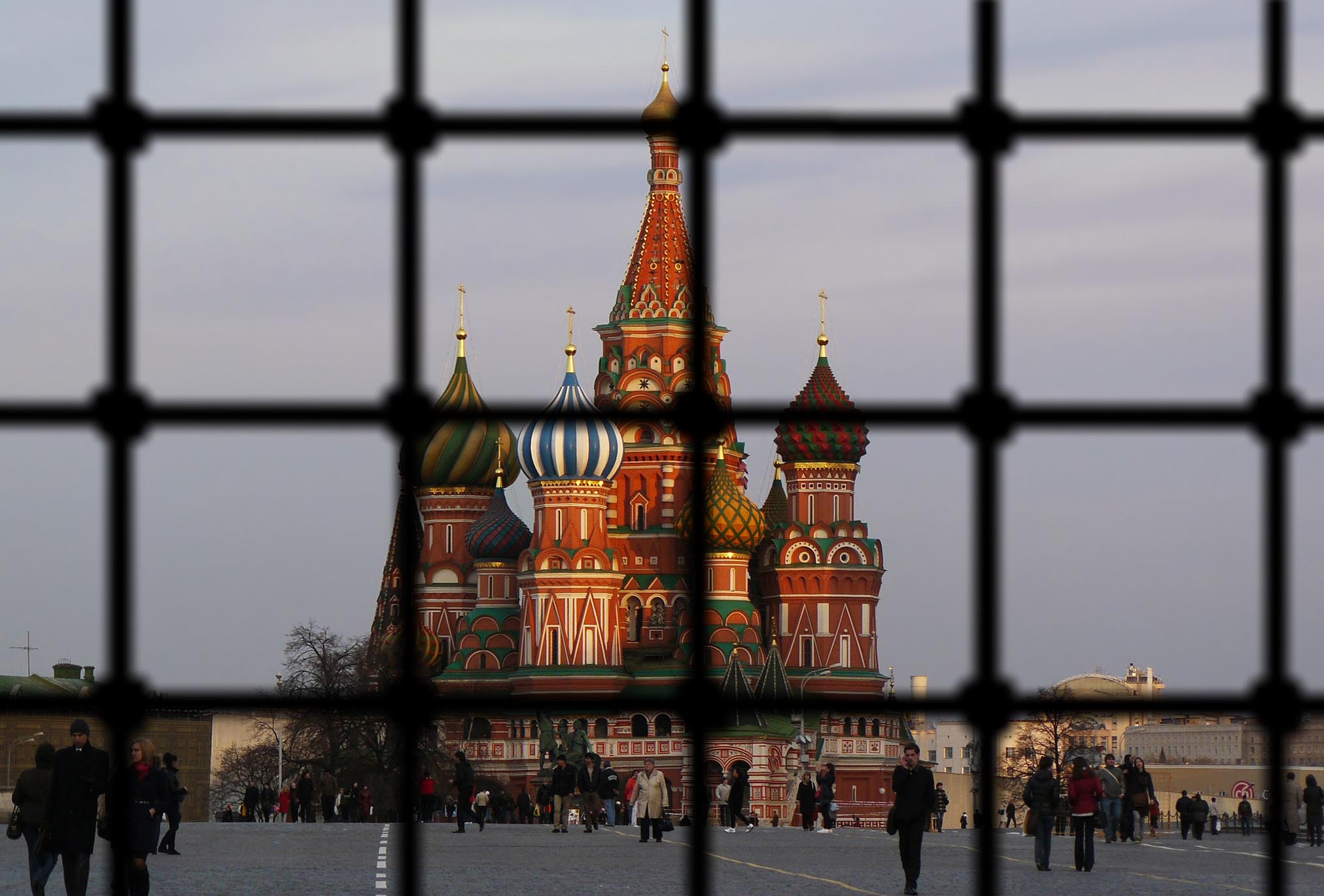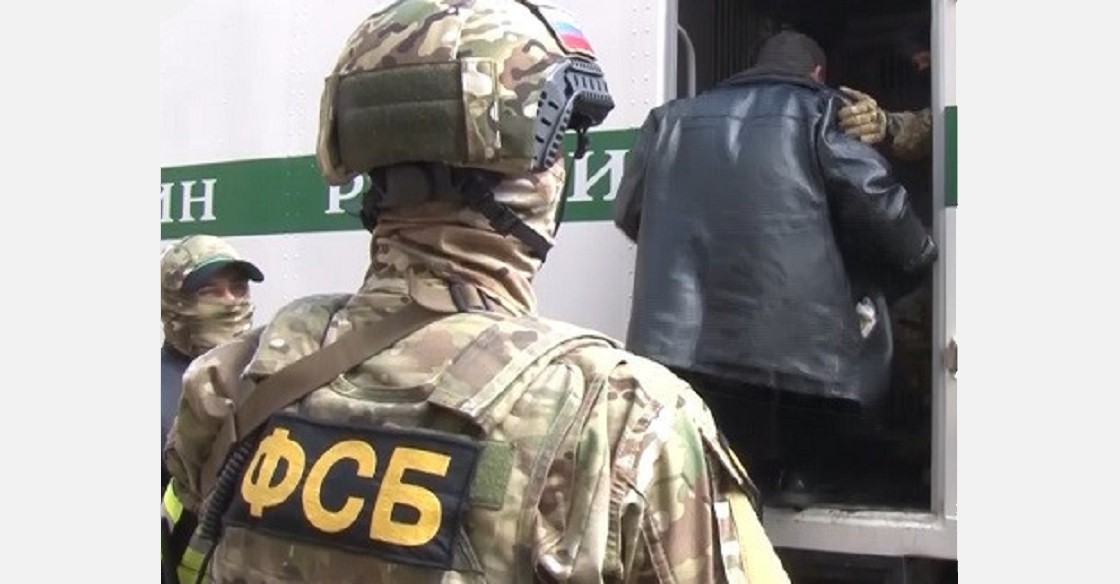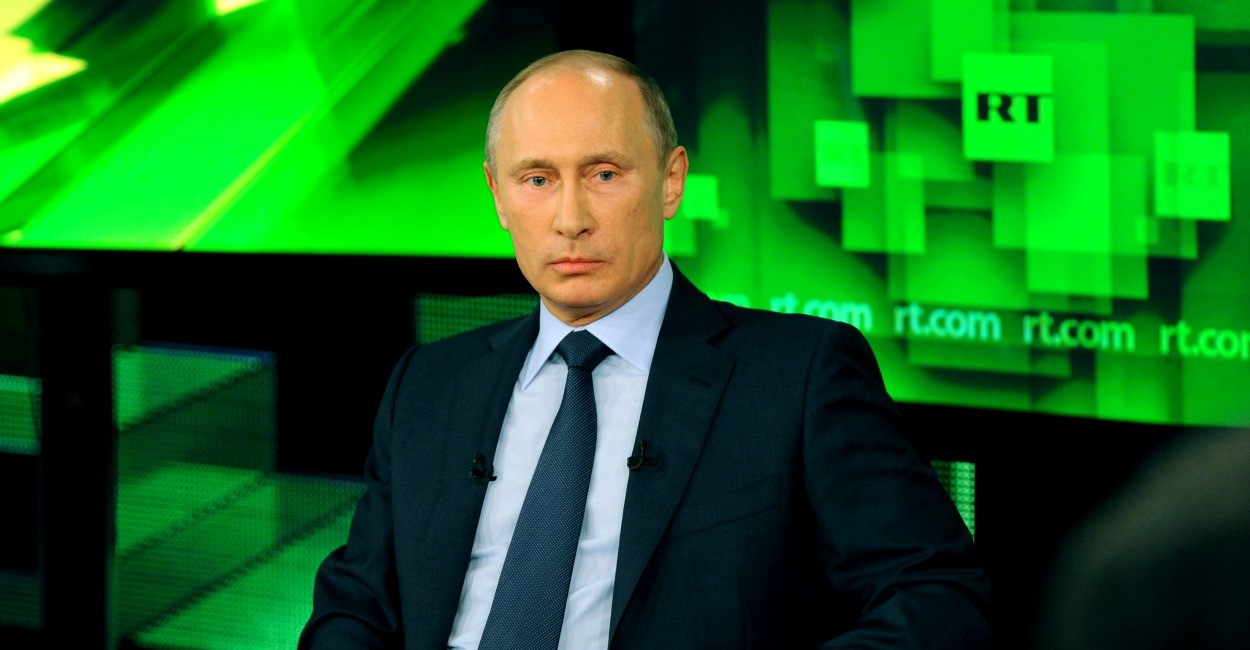
In an interview with Vienna’s Die Presse, the Russian sociologist and pollster says that initially it appeared young Russians were focused on democratic models but it turned out that their attachment to them was superficial and soon faded (diepresse.com; in Russian at ehorussia.com).
After the USSR fell apart, Gudkov says, “no one was really prepared for democracy and no one really wanted it. People wanted to escape from the shortages [of food and consumer goods-Ed.], the planned economy and state control and they wanted to consume more.” But they weren’t interested in building the legal state needed for that, and so what has happened happened.
“Putin’s authoritarian regime revived the basic features of the Soviet system – the political police, the FSB special service, the army, and state control over the economy, education, and the judicial system. Censorship has been significantly tightened” as well, the sociologist says.
When Russians did not get the economic benefits from doing away with communism that they expected, they became increasingly hostile to the West, a shift in attitudes that Putin “has exploited.” His power is legitimized by an ideology of “state patriotism or nationalism which stresses Russia’s status as a great power” surrounded by enemies.
“'We want to live as in Europe but we know that we will never live that way. Why? Because we are different and we are going along our own path. Russians aren’t seeking after material values; spiritual ones are more important'; and these empty words work” with a population that still takes its lead from the state and expects the state to take care of it.
According to Gudkov, “one shouldn’t think that the citizens especially love Putin.” They don’t. But his support remains relatively high for two reasons. On the one hand, he is for them the embodiment of the state; and on the other, there is no alternative. Consequently, they know they have to make their peace with him.
They accept the corruption of his regime as something inevitable and not particularly a matter of concern for them. And they overwhelmingly view Putin “as the defender of national interests in conflicts with foreign states. Therefore,” Gudkov argues, “he retains very strong symbolic authority.”
Much of this can be explained by widespread fears about the situation, Gudkov says. Such fear has been handed down “from generation to generation” but one must recognize that “it is an entirely different fear than fear of being punished by the police. That is only the tip of the iceberg.”
Instead, he says, “it is an unconscious fear which is felt like an internal worry. Fear is transformed into knowledge of how one must conduct oneself in specific circumstances, what one can say and what one cannot. People feel defenseless and caught. They suppose that in any conflict with state institutions, they will lose.”
Read More:
- Is sexual violence used as a weapon in the Donbas War?
- Belarus could become Russia’s Northern Ireland if Putin pushes for unity, Grashchenko says
- Lukashenka says no to Russian military base and deeper integration with Russia
- Russia resembles a cemetery through which an armed man is walking, Martynov says
- Jailing innocent Crimean Tatars to insanely huge terms: a how-to guide from Russia
- Is Shoygu preparing to become Russian President?
- Pregnant, tortured, seriously ill: the women devoured by concentration camp of Russian-occupied Donbas
- Putin better reflects underlying Russian values than does the opposition and his system will thus outlast both, Pastukhov says





